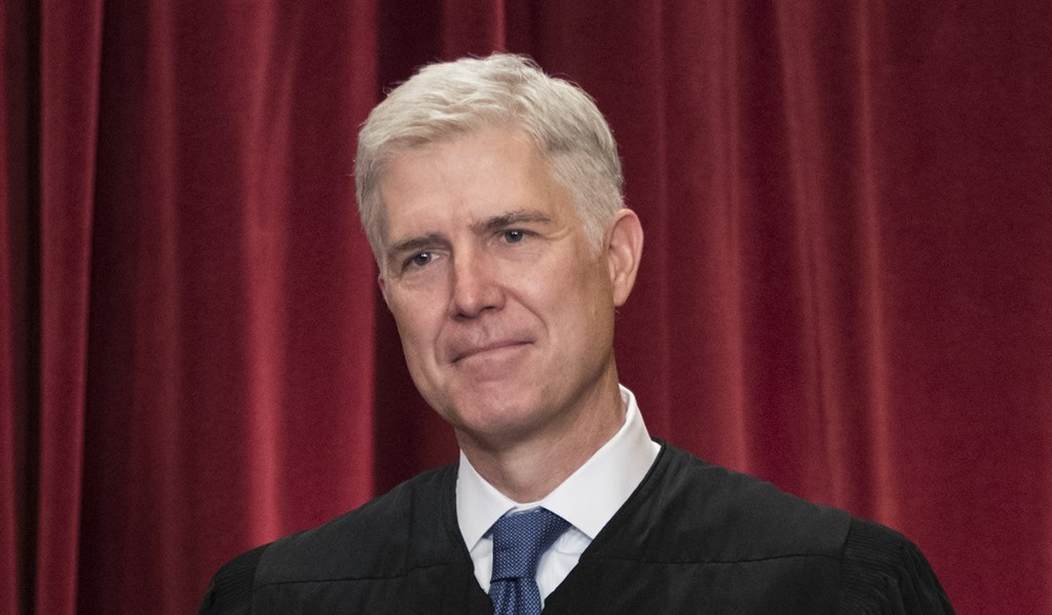The Supreme Court will wrap up most of its work in the 2016-17 term today, but they have set the stage for a big fight in the next term. Among its orders released today, the court granted cert in Masterpiece Cakeshop Ltd. v. Colorado Civil Rights Commission, a case in which the state penalized a baker for refusing to participate in a same-sex wedding on religious grounds. The case will give the Supreme Court an opportunity to clarify the scope and limits of the First Amendment (via Scotusblog):
The decision to take on the case reflects renewed energy among the court’s conservative justices, whose ranks have recently been bolstered by the addition of Justice Neil Gorsuch to the high court.
The court will review a Colorado court decision that found baker Jack Phillips and his Masterpiece Cakeshop discriminated against the gay couple under Colorado law.
Phillips told the Supreme Court he has free speech and religious rights under the First Amendment that should protect him. He said he should not be compelled to bake a cake specifically to honor a same-sex marriage.
Colorado’s anti-discrimination law protects people on the basis of their sexual orientation. Charlie Craig and David Mullins filed a complaint against Phillips and his suburban Denver shop after Phillips said he would not create and decorate a cake in honor of their marriage.
The grant of cert in this case came as a mild surprise. Law360’s Dani Kass noted that the most likely explanation for the case’s large number of court conferences on the matter was that the justices were writing dissents for a refusal. Kass speculated that the justices might also have been planning to push off Masterpiece until after the deadline for another similar case, Arlene’s Flowers, which has until July 19th to file for cert out of Washington’s state court system. Barronelle Stutzman has been fighting a public campaign to salvage her own conscience rights in that case for several years, and seemed more likely to get the first crack at the Supreme Court.
The grant for Masterpiece does suggest a new desire to look broadly at conscience rights, especially those tied to First Amendment protections. That may signal a change from the court’s refusal to take the Elane Photography case in April 2014, a petition with almost identical circumstances. In that case, the court’s refusal allowed a New Mexico Supreme Court decision to stand, penalizing the photographer for discrimination against same-sex couples. However, it only takes four justices to grant cert, which does not necessarily mean that the court is ready to overturn its precedent from three years ago. In other words, religious-liberty advocates have reason to be hopeful, but not necessarily to assume that they’re heading for a win — yet, anyway.
It does bring up another question, however. The case will likely lean heavily on the Obergefell decision authored by Justice Anthony Kennedy that created a Fourteenth Amendment right to same-sex marriage. Now that Masterpiece will come up in the next term (and probably Arlene’s Flowers too), will Kennedy choose to retire, or choose to stick around to help shape the legacy of his Obergefell decision?







Join the conversation as a VIP Member